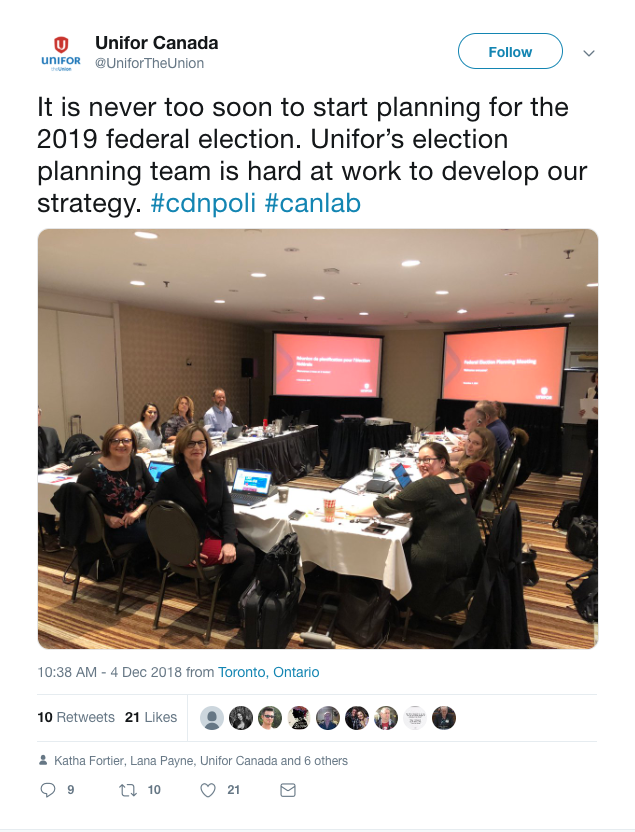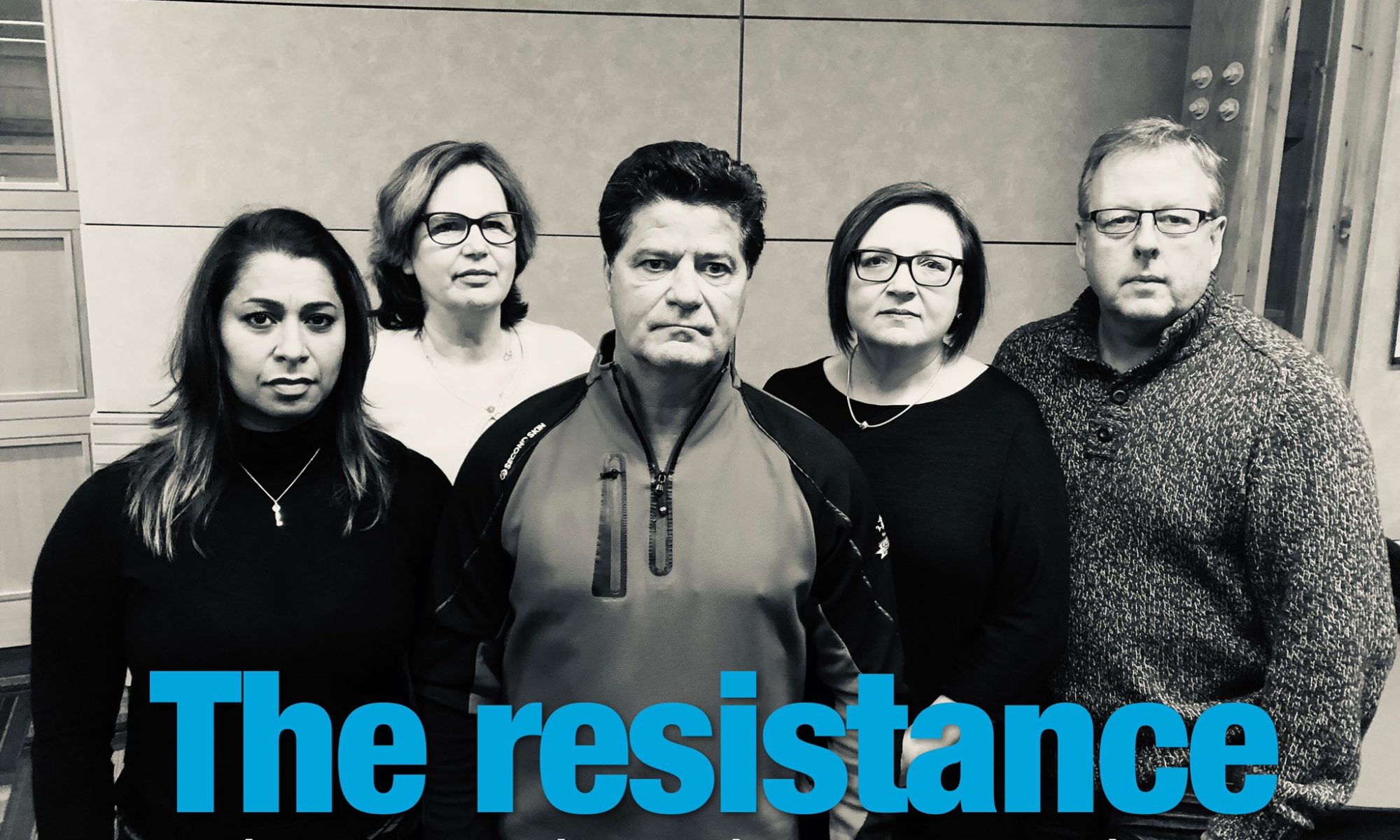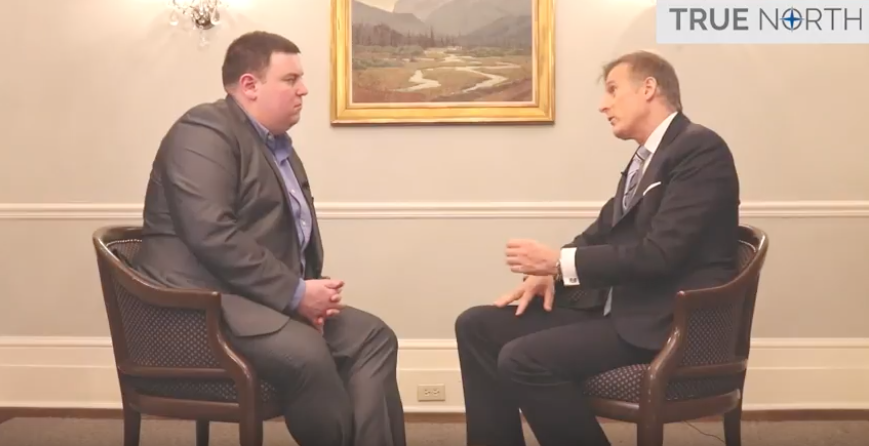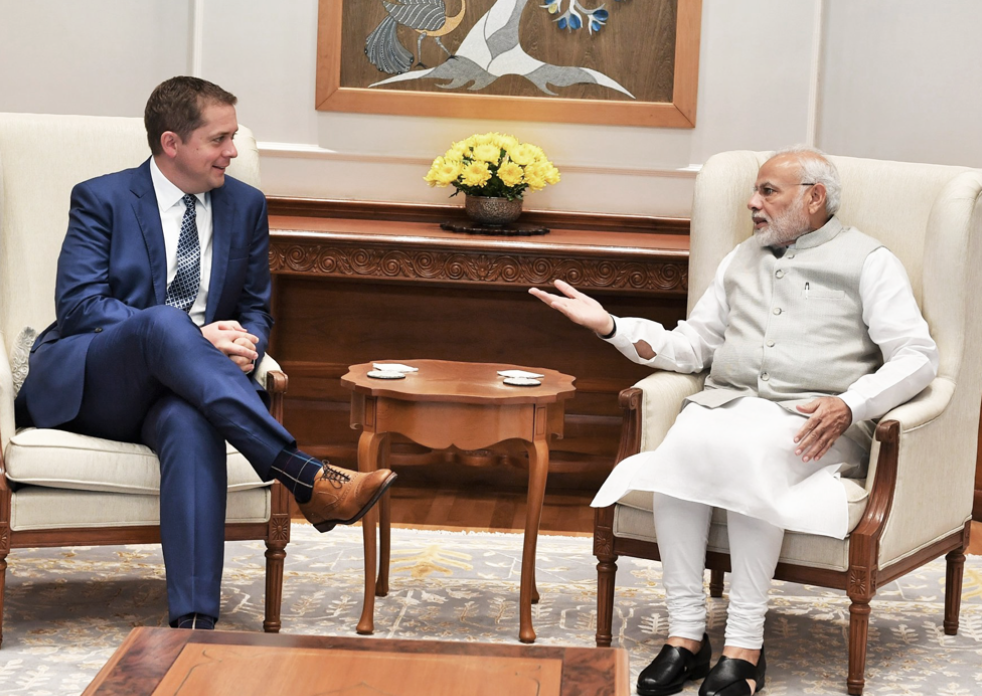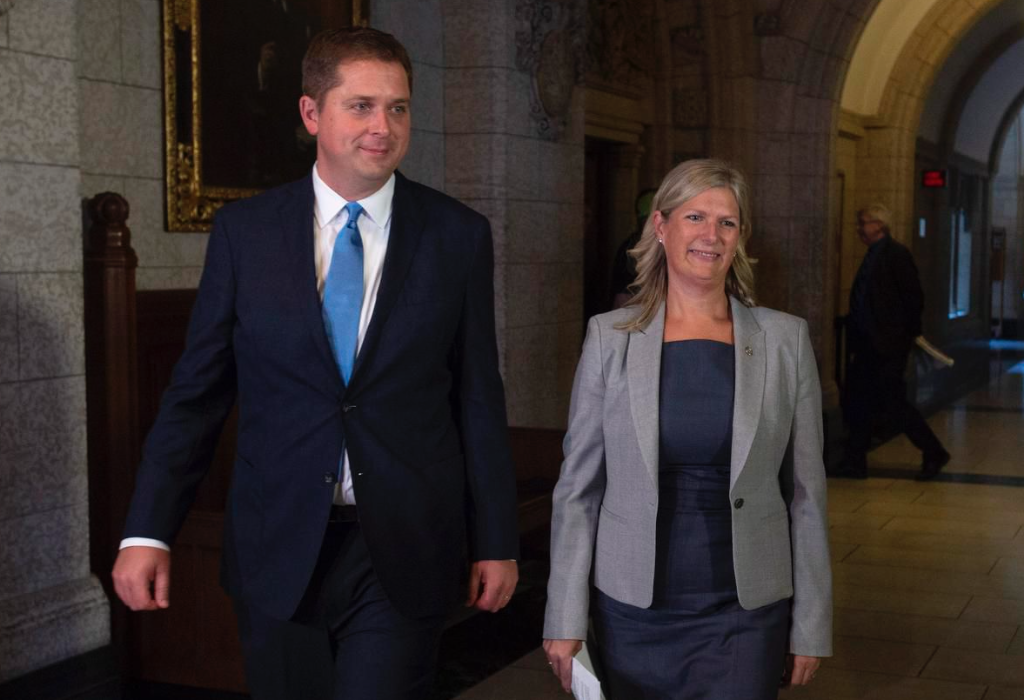I received a great deal of positive response to my column advocating for disclosure of journalists’ union affiliations alongside political stories. The catalyst was Unifor’s commitment to the defeat of Andrew Scheer and the Conservatives, conveniently timed with Justin Trudeau’s announcement of a $600 million bailout for the media industry.
I joined Danielle Smith’s show on Calgary’s 770 CHQR, where I used to guest host, to discuss my piece.
You can listen to the segment here:
After the interview concluded, I came across this tweet from Unifor:
It is never too soon to start planning for the 2019 federal election. Unifor’s election planning team is hard at work to develop our strategy. #cdnpoli #canlab pic.twitter.com/5UIpD2lbS3
— Unifor Canada (@UniforTheUnion) December 4, 2018
The tweet shows a Unifor working group scheming for next year’s election. Featured in the photo are several of the union’s top brass, including its Atlantic Canada director Lana Payne.
Payne was in the infamous “resistance” photo, though I didn’t recognize her. In addition to her union duties, she’s also a regular columnist for the St. John’s Telegram in Newfoundland.
Unifor’s already succeeding in taking over the country’s newspaper pages.
Payne is an opinion columnist and not a reporter, which means impartiality isn’t required (nor should it be.) She also openly discloses her Unifor role in her columns, so this isn’t a question of her ethics as much as it’s one of her agenda.
Restrictions on third-party advertising impact what unions can say and do during elections, but Unifor and Payne seem to have found a loophole. She can publish whatever propaganda Unifor is pushing under the guise of columns written in her voice.
She isn’t just some columnist who happens to be unionized. She’s a key player on Unifor’s political action group, which has declared itself the “resistance” to Andrew Scheer and vowed to stop the Conservatives at all costs.
The Telegram has some questions to answer here. Even opinion columnists should be expected to not be water-bearers for a specific party. I’m a conservative and a former PC candidate, but I’ve still criticized both the federal and provincial conservative parties in print and on air so no one can argue my content is bought and paid for by anyone except whichever outlet publishes it.
The same can’t be said for the columns written by Unifo— I mean Payne.

